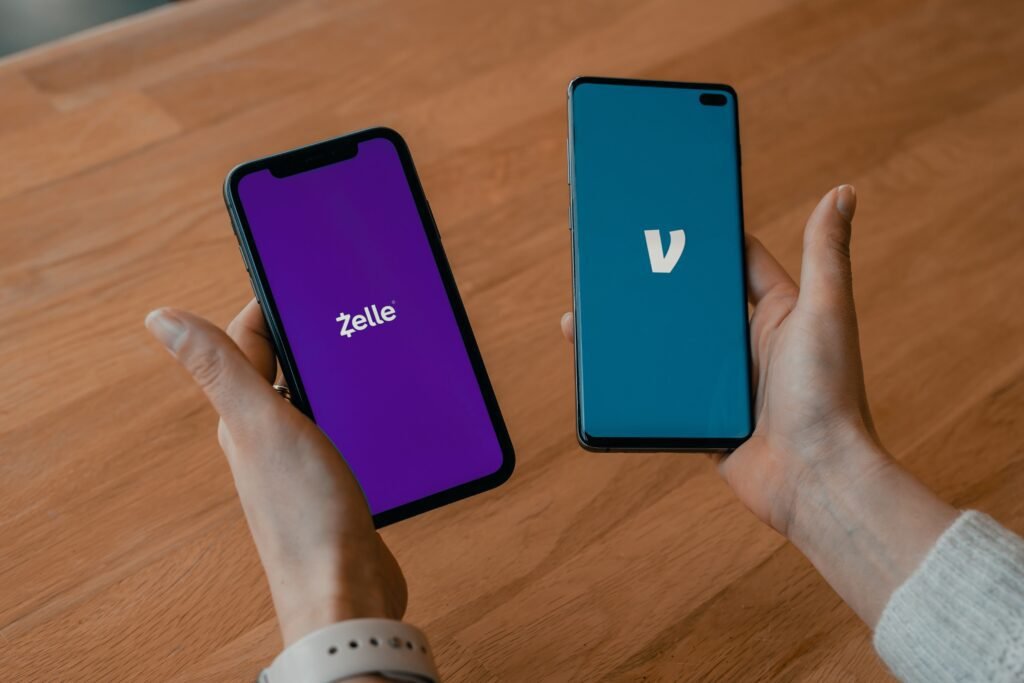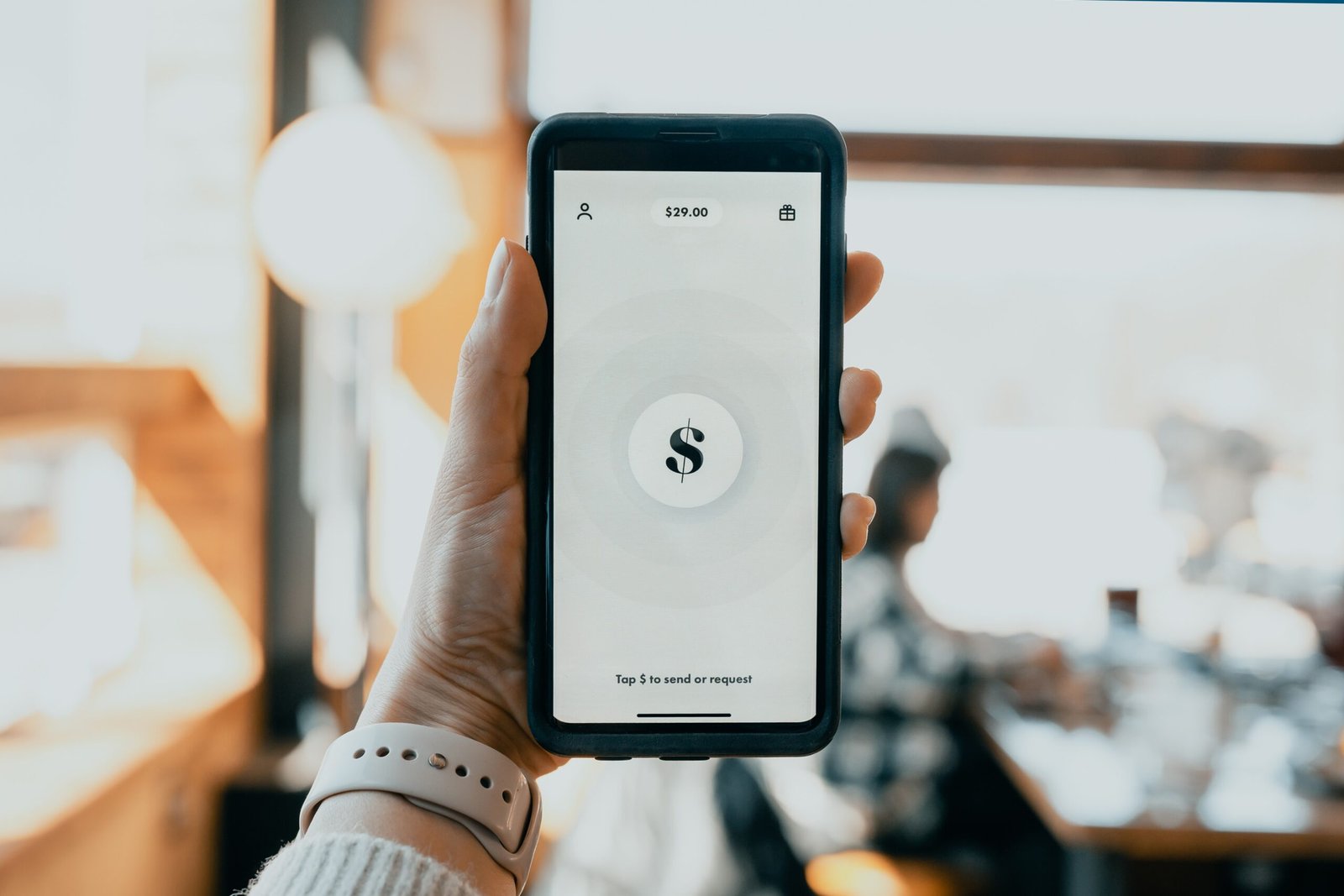What Is The Local Currency In Phuket Island?
If you’re planning a trip to the beautiful island of Phuket, it’s important to familiarize yourself with the local currency.
Understanding the currency will not only make your transactions smoother but also save you from any potential confusion or inconvenience.
So, what exactly is the local currency in Phuket Island?
Stay tuned as we reveal all the details you need to know before your exciting adventure begins.
Introduction
As you embark on your journey to this beautiful destination in Thailand, it’s essential to familiarize yourself with the local currency and understand how to manage your money during your stay.
In this comprehensive article, we will guide you through everything you need to know about currency exchange, preferred payment methods, and tips to ensure a smooth financial experience throughout your trip.
Thai Baht
About Thai Baht
The official currency of Thailand is the Thai Baht (THB). The Thai Baht is represented by the symbol ฿ and is denominated in both coins and banknotes.
Coins are available in denominations of 1, 2, 5, and 10 Baht, as well as 25 and 50 Satang.
Banknotes, on the other hand, come in denominations of 20, 50, 100, 500, and 1,000 Baht.
It’s important to note that smaller denominations can be useful for day-to-day expenses, while larger bills are often used for more significant transactions.
Exchange Rate
Before you arrive in Phuket, it’s a good idea to check the current exchange rate for your home currency against the Thai Baht.
Exchange rates can vary, so it’s worth keeping an eye on them to ensure you get the best value for your money.
You can use reliable websites or currency exchange apps to stay updated on the latest rates.
Additionally, it’s advisable to exchange a small amount of money before your trip to have local currency on hand upon arrival.
Where to Exchange Money
Phuket offers numerous options for currency exchange.
Banks, both local and international, can provide you with competitive rates and a secure environment for exchanging your currency.
You’ll find bank branches conveniently located in popular areas such as Patong, Phuket Town, and Karon Beach.
In addition to banks, licensed money changers can be found at various tourist hotspots, markets, and shopping centers.
When choosing a money changer, ensure they display their license prominently and count the money in front of you before you leave the counter.
Accepted Currencies
While the Thai Baht is the primary currency accepted throughout Phuket, some establishments do accept major foreign currencies.
Here are a few of the most commonly accepted currencies:
US Dollar
The US Dollar (USD) is widely accepted in hotels, resorts, and large establishments.
However, it’s always beneficial to have some Thai Baht on hand for smaller transactions and local markets.
Euro
Euros (EUR) may be accepted in select establishments, particularly those catering to European tourists.
Though it is not as widely used as the Thai Baht or the US Dollar, it’s worth asking if Euro payments are accepted at your destination.
British Pound
Similar to the Euro, British Pounds (GBP) are not as commonly accepted as the Thai Baht.
However, larger hotels and international businesses may accept Pound Sterling.
Japanese Yen
If you possess Japanese Yen (JPY), you might find that certain hotels and businesses in Phuket will accept it.
However, it is always advisable to carry Thai Baht for your day-to-day expenses.
It’s important to note that while these currencies may be accepted, you might receive change in Thai Baht instead.
ATMs and Cash Withdrawals
ATMs in Phuket
Phuket has a plentiful supply of ATMs, making it convenient for travelers to withdraw cash as needed.
ATMs of major banks are readily available in popular tourist areas, shopping malls, and near hotels and resorts.
Look for ATMs displaying familiar international logos such as Visa, Mastercard, and Cirrus.
Withdrawing Cash
When using ATMs in Phuket, it’s important to notify your home bank of your travel plans to prevent any potential issues with your card being flagged for suspicious activity.
Once you arrive in Phuket, locate an ATM and follow the instructions displayed on the screen.
Most ATMs offer an option to withdraw money in either Thai Baht or your home currency.
However, it’s generally more cost-effective to choose the local currency to avoid additional conversion fees from your bank.
ATM Fees
When using ATMs in Phuket, keep in mind that your home bank may charge transaction fees for international withdrawals.
These fees can vary, so it’s essential to check with your bank beforehand.
Additionally, some ATMs in Thailand may charge a small fee for each withdrawal made.
To minimize these costs, consider withdrawing larger sums of money less frequently, rather than making multiple small withdrawals.


Credit and Debit Cards
Acceptance of Cards
In major tourist areas and larger establishments in Phuket, credit and debit cards are widely accepted.
Most hotels, upscale restaurants, and shopping centers will gladly accept card payments, particularly those that display international logos such as Visa, Mastercard, and American Express.
However, it’s always a good idea to have some cash on hand for smaller vendors, local markets, and transportation fares.
Currency Conversion Charges
When using your credit or debit card in Phuket, you may encounter currency conversion charges.
Some banks and credit card companies apply an additional fee for transactions made in foreign currencies.
It’s advisable to check with your bank before your trip to understand these charges and compare rates across different cards to ensure you’re using the most cost-effective option.
Traveler’s Checks
Availability
Traveler’s checks have become less prevalent over the years, and it can be challenging to find establishments in Phuket that accept them.
While some banks may still accommodate traveler’s checks, it’s advisable to have an alternative payment method readily available.
Where to Exchange
If you have traveler’s checks that you wish to convert into cash, major banks in Phuket may be able to assist you.
Visit the bank branch during their operating hours and inquire about their policy regarding traveler’s checks.
Keep in mind that the process of exchanging traveler’s checks can be more time-consuming compared to cash or card transactions.
Advantages and Disadvantages
Traveler’s checks offer a secure form of payment as they can be replaced if lost or stolen.
However, their limited acceptance and potential difficulties in finding places to exchange them make them less practical for everyday expenses in Phuket.
It’s often more convenient to rely on cash, cards, or mobile payment apps during your stay on the island.
Currency Exchange Tips
Choose Reputable Banks or Exchanges
When exchanging money in Phuket, it’s important to opt for reputable banks or licensed money changers.
Banks offer a secure environment and competitive rates, while licensed money changers ensure transparency and fair transactions.
Avoid exchanging money with individuals on the street or unauthorized vendors, as they may engage in scams or offer unfavorable rates.
Avoid Exchanging at Hotels
While hotels may provide currency exchange services, the rates are often less competitive than those offered by banks or licensed money changers.
If possible, it’s advisable to exchange money at a bank or professional money changer before heading to your hotel to get a better rate.
Consider Local Currency for Small Purchases
For small purchases like street food, local markets, or transportation fares, it’s best to use cash in Thai Baht.
Many smaller vendors may not accept cards or may charge additional fees for card payments.
Carrying small denominations of Baht will make transactions more straightforward and ensure you don’t face any inconvenience.
Using Mobile Payment Apps
Digital Wallets in Phuket
Mobile payment apps have gained popularity in recent years, even in Phuket.
Services like GrabPay, Alipay, and WeChat Pay are becoming increasingly accepted in larger establishments, particularly those catering to international tourists.
These digital wallets allow you to link your various payment methods and make quick and convenient transactions using your smartphone.
Popular Mobile Payment Apps
GrabPay is a popular mobile payment app in Phuket, offering not only ride-hailing services but also a wide range of payment options.
Alipay and WeChat Pay, commonly used in China, have also expanded their acceptance across various businesses in Phuket.
Make sure to download and set up these apps before your trip to take advantage of their convenience and ease of use.
Local Currency Usage
Phuket Marketplaces
Exploring the vibrant markets of Phuket, such as the weekend market in Phuket Town or the night markets in Patong, is an excellent way to experience the local culture and cuisine.
Most vendors in these markets prefer cash, so it’s essential to have Thai Baht on hand.
Bargaining is common in markets, so don’t hesitate to negotiate prices for a more authentic experience.
Restaurants and Cafes
Restaurants and cafes in Phuket, especially those catering to tourists, typically accept card payments.
However, some smaller local eateries may only accept cash.
It’s advisable to inquire about the accepted payment methods before dining to ensure a smooth and hassle-free experience.
Tipping Practices
Tipping is not mandatory in Phuket but is appreciated for excellent service.
In most cases, a 10% service charge is included in the bill at upscale restaurants.
If the service charge is not included or when dining at local eateries, rounding up the bill or leaving a small cash tip is customary.
For exceptional service, you may choose to tip a higher percentage, but it is entirely at your discretion.
Safety Tips
Safeguarding your Money
While Phuket is generally a safe destination, it’s always crucial to take precautions when it comes to your money.
Carry only the amount of cash you need for the day and keep the rest in a secure location, such as a hotel safe.
Avoid displaying large sums of money in public and be mindful of your surroundings, particularly in crowded areas.
Using Safes in Hotels
Most hotels in Phuket provide in-room safes for guests to store their valuables.
Take advantage of these safes to secure your cash, cards, and other important items while you’re out exploring.
It’s recommended to keep a photocopy or digital backup of your important documents, such as your passport and credit cards, in a separate location just in case.
Beware of Scams
Phuket, like any other tourist destination, has its share of scams.
Be cautious of individuals offering incredibly favorable exchange rates on the street, as they may engage in fraudulent activities.
Stick to reputable banks and licensed money changers for currency exchange.
Additionally, be wary of anyone approaching you for unsolicited assistance with ATM transactions or offering tours and services at exceptionally low prices; these can be red flags for potential scams.
In conclusion, understanding the local currency and various payment methods in Phuket will ensure a smooth and hassle-free financial experience during your stay.
Remember to exchange your money at reputable establishments, carry a mix of cash and cards, and consider mobile payment apps for added convenience.
By following these tips and taking necessary precautions, you can confidently navigate Phuket’s financial landscape while enjoying all the incredible experiences this island has to offer.







